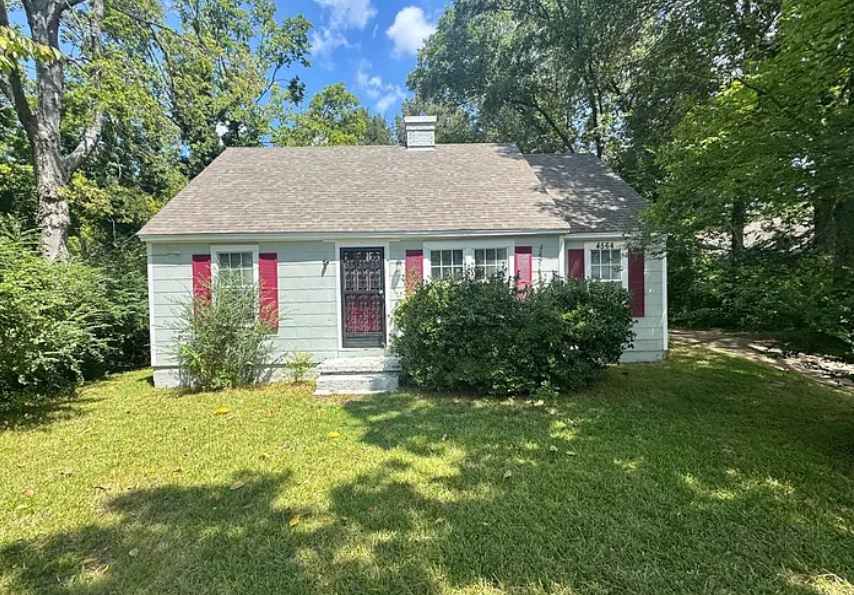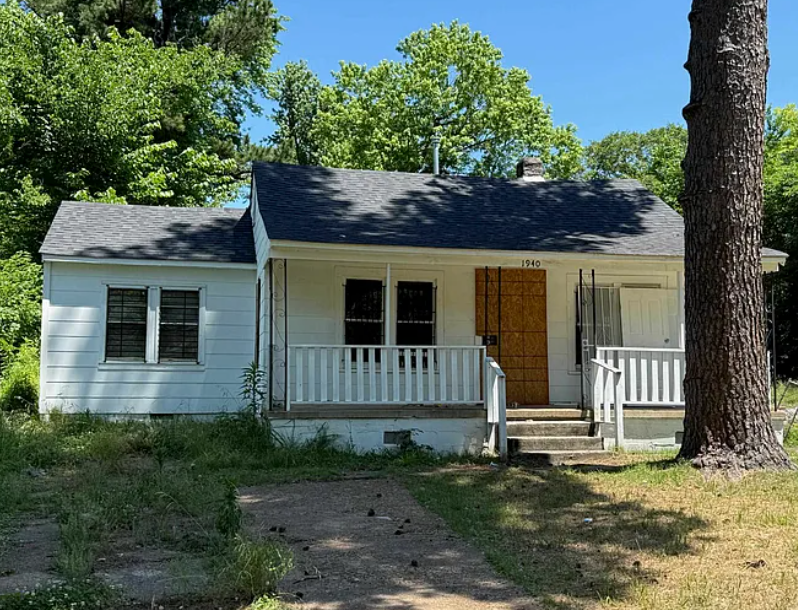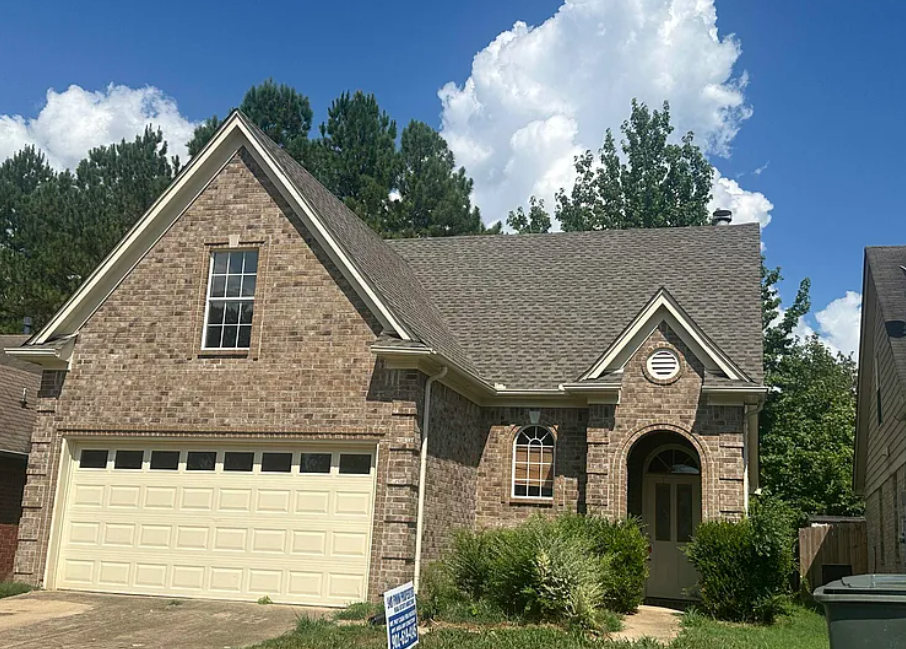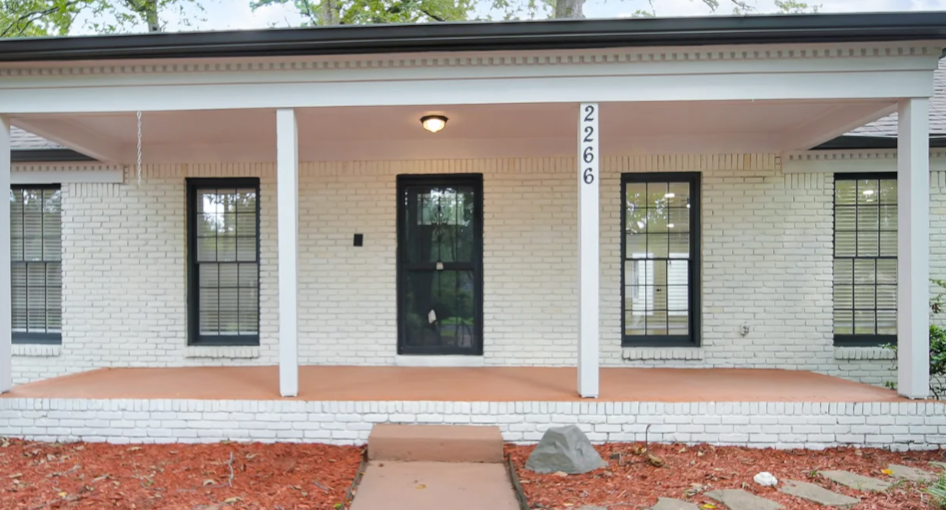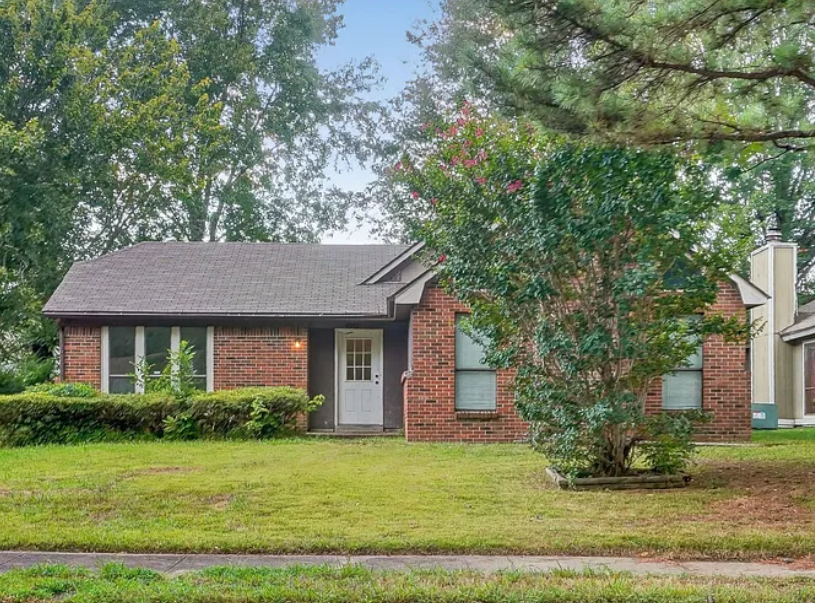Refinancing Options to Prevent Foreclosure
Refinance to Stop Foreclosure and Save Your Home
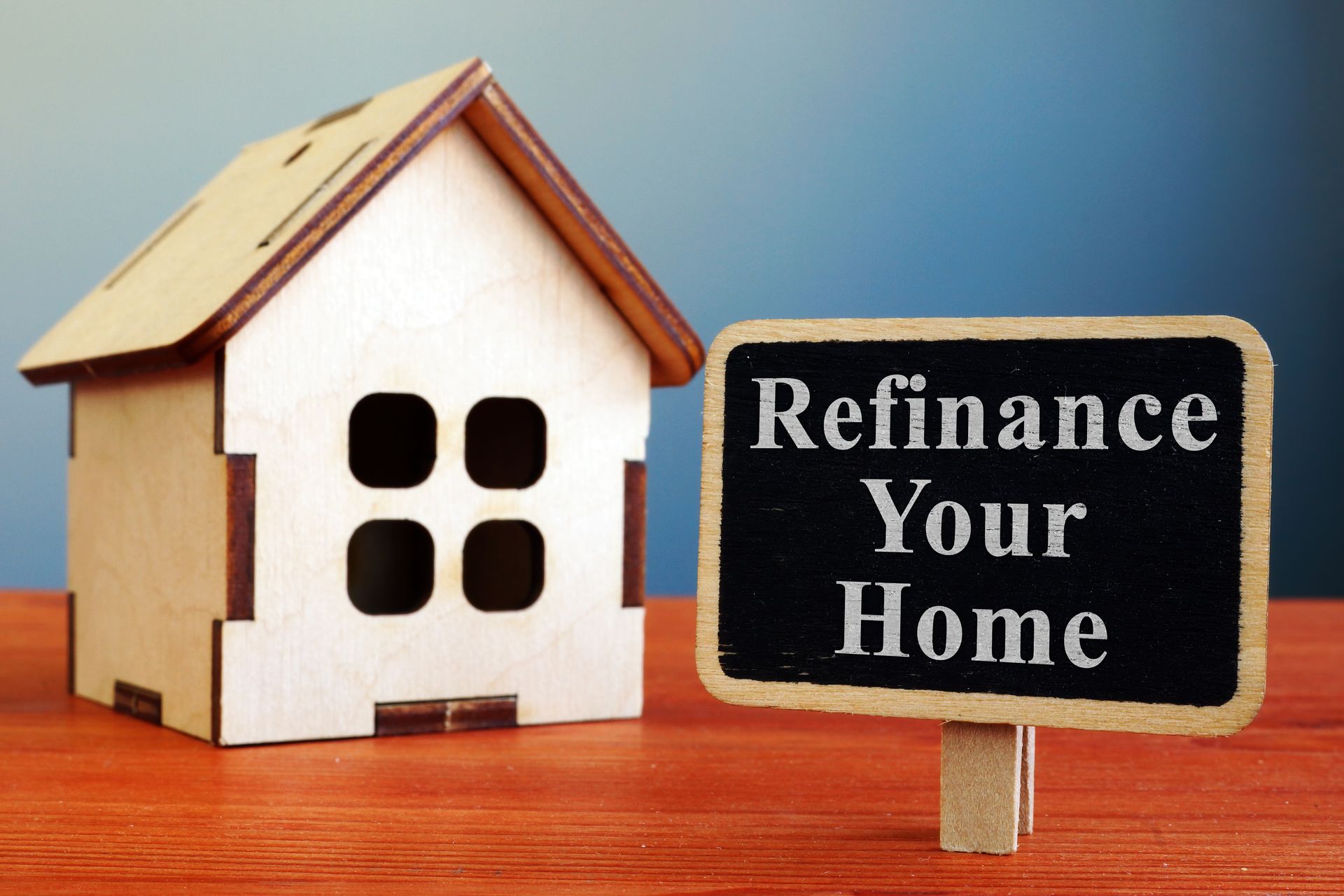
Refinance to Stop Foreclosure and Save Your Home-Navigating the turbulent waters of financial hardship can often lead homeowners to the looming threat of foreclosure. As someone who's been in the same boat, I understand the pressing need for viable solutions. Refinancing might just be the lifeline you're searching for, offering a chance to restructure your mortgage with better terms like a lower interest rate or extended repayment period. By reducing monthly payments, refinancing can provide immediate relief, making it a compelling option to consider.
However, it's crucial to weigh the pros and cons before jumping in. While refinancing can offer a fresh start, it's not a guaranteed fix, especially if your financial situation is precarious. Understanding the different refinancing options available is key to determining if this strategy aligns with your financial goals. Let's delve into how refinancing can potentially help you avoid foreclosure and explore the various paths you can take to secure your home.
Understanding Foreclosure and Its Implications
Foreclosure is when a homeowner defaults on their mortgage, prompting the lender to reclaim the property. A default typically occurs when payments are 30 days late, but foreclosure begins when payments are missed for 120 days. Understanding this process is crucial for exploring refinancing as a potential solution.
The implications of foreclosure extend beyond losing a home. Credit scores suffer significantly, affecting future borrowing capacity. Legal battles may ensue, further complicating the situation. Financial hardships—like job loss or medical emergencies—are common triggers, but proactive steps can prevent foreclosure.
Communicating with lenders from the onset of difficulties increases the chances of finding a solution. Some options include mortgage repayment plans or loan modifications. If discussions with the lender stall, refinancing becomes a viable strategy to explore.
Refinancing as a Solution to Prevent Foreclosure
Refinancing can be a strategic option for homeowners struggling financially. By restructuring the mortgage with favorable terms, it's possible to bring long-term relief and help avoid foreclosure.
Benefits of Refinancing
Refinancing offers several benefits for those facing financial difficulties. Lower monthly payments result from adjusting the interest rate or extending the loan term. This reduction eases financial pressure and prevents missed payments, maintaining credit scores. Switching from an adjustable-rate mortgage (ARM) to a fixed rate secures consistent payments, guarding against future rate increases. For distressed homeowners, lowering monthly commitments is crucial to preserving their homes and financial stability.
Common Refinancing Options
Several refinancing options are designed to assist homeowners at risk of foreclosure:
- Rate-and-Term Refinancing: This option focuses on altering the interest rate or the loan term, which can significantly reduce monthly payments and ease financial strain.
- Cash-Out Refinancing: For those with home equity, this offers a way to refinance for more than what is owed, with the excess serving as financial support for covering missed payments.
- Streamline Refinancing: Available for holders of government-backed loans like FHA or VA, this streamlines the process, lowering payments quickly with minimal documentation.
These refinancing methods can make mortgage payments more manageable, offering a solid step toward avoiding foreclosure.
Eligibility Criteria for Refinancing
Refinancing can be an effective way to prevent foreclosure, but lenders have specific criteria to determine eligibility. Meeting these criteria can improve the chances of approval.
Credit Score Considerations
My credit score plays a crucial role in refinancing eligibility. Lenders prefer scores in the higher range, often 620 or above, to offer favorable interest rates. For those with a lower score, government-backed programs may provide more flexibility. Improving my credit score by paying down debts and correcting any inaccuracies on my credit report could increase my chances of qualifying.
Home Equity and Loan-to-Value Ratio
Home equity is another key factor when considering refinancing. The Loan-to-Value (LTV) ratio, calculated by dividing my current mortgage balance by my home's value, affects my refinancing options. A lower LTV, typically under 80%, indicates more equity and can make refinancing easier. For those with less equity, programs like FHA or VA loans might offer solutions, as they accommodate higher LTV limits up to 97.75% for rate-and-term refinancing.
Debt-to-Income Ratio
Lenders assess my Debt-to-Income (DTI) ratio to ensure I can comfortably manage new mortgage payments. This ratio compares my monthly income to my total debt obligations, including the potential mortgage. A backend DTI below 43% is often desired, though certain programs allow for higher limits. Reducing existing debt and increasing income can improve my DTI ratio, enhancing eligibility for refinancing.
Alternative Strategies to Prevent Foreclosure
Proactive strategies play a crucial role in avoiding foreclosure beyond traditional refinancing. Understanding these alternatives can provide additional pathways to financial stability and home retention.
Mortgage Loan Modification
Mortgage loan modification involves changing the terms of your existing loan to reduce monthly payments. This process often includes extending the loan term, reducing the interest rate, or potentially reducing the principal balance. Loan modification requires negotiating with your lender to prove that your financial troubles are temporary. Unlike refinancing, modifications don't incur closing costs, making them a cost-effective option to prevent foreclosure. It's essential, however, to communicate early and effectively with your lender to secure this option.
Short Sale and Deed-in-Lieu of Foreclosure
Short sales and deed-in-lieu of foreclosure offer alternatives if retaining the property isn't feasible. A short sale lets you sell your home for less than the owed mortgage amount, which the lender accepts as full payment. A deed-in-lieu allows you to transfer property ownership directly to the lender, bypassing the foreclosure process. Both options come with potential tax implications and may not guarantee exemption from owing remaining balances. Consulting a tax professional and understanding the agreement terms can provide clarity and ensure informed decision-making.
Pros and Cons of Refinancing in Foreclosure Situations
Refinancing can offer significant benefits for homeowners facing foreclosure. By securing a new mortgage with potentially better terms, I might lower my monthly payments, relieve immediate financial stress, and avoid foreclosure. A lower interest rate or extended payment term can be particularly advantageous if I'm aiming to stabilize my financial situation.
However, refinancing isn't without its drawbacks. Closing costs, usually 2-5% of the loan total, can add a financial burden when funds are already tight. Extending the loan's term might lead to paying more in interest over time, counteracting short-term savings. Approval isn't guaranteed if my financial situation is precarious and refinancing applications could be denied. Under these circumstances, exploring alternatives may be necessary if refinancing isn't feasible.
Conclusion
Refinancing stands out as a viable option for many homeowners facing foreclosure, offering a chance to restructure their mortgage and ease financial burdens. It's crucial to understand the various refinancing options available and how they align with your financial goals. While refinancing can provide significant relief, it's not a one-size-fits-all solution and may not suit everyone facing financial challenges.
Exploring alternative strategies, such as loan modifications or short sales, can also be beneficial. Early communication with lenders is key to uncovering these options. Ultimately, navigating the complexities of foreclosure requires careful consideration of all available strategies. By staying informed and proactive, homeowners can make decisions that best support their goal of maintaining homeownership and financial stability.
Secure a fresh start. Stop foreclosure in its tracks—call Atlas Property Investors at (601) 803-7241!
Request Your Offer Now
